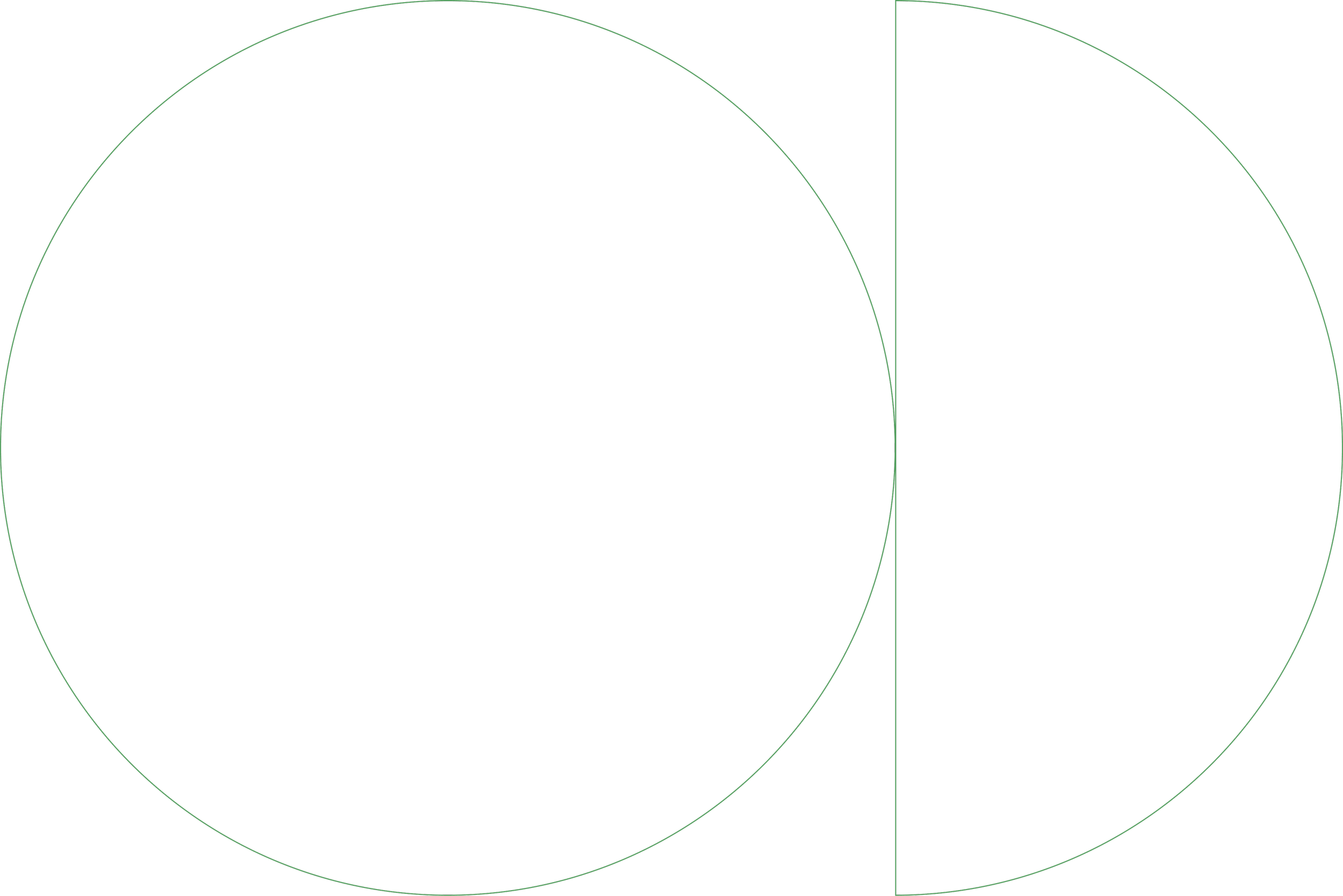So… who am I?
I’m just a person. Well, I’m a person, and that’s enough. I used to think I was going to be a pastor and a theology professor, and I went to school for those things. I learned a lot that was really helpful. I learned a lot that made me scratch my head too. In the end, I only did one temporary pastor position, and by the time I was graduating with my Master of Divinity, I knew I wasn’t going to be a pastor or professor anymore.
It took me a few years to figure out what to be when I grew up, and I ended up becoming a counselor instead. It filled the role of all the best parts of what I wanted in being a pastor in the first place: supporting people, helping people learn and grow, being there for people when they needed not to be alone, helping people see who they are more clearly. It was a much better fit.
But that left me with a bunch of unused knowledge and skills—and let’s face it, the Bible is one of my neurodivergent special interests—so I couldn’t just ignore it, and I kept learning on my own. So, with an otherwise unused bachelor’s degree where I double majored in Biblical Studies and Biblical Languages, a master’s degree in Divinity where I focused on biblical languages and biblical hermeneutics, and another decade of study on my own and in conversation with other Bible nerds, there’s a lot rattling around in my brain!
As my family grew, I discovered a desire to share my special interest with my children. The problem is I have to qualify everything, stopping every few sentences or words to explain contextual meaning and help clarify concepts. That’s no way to read the Bible.
For years, I dreamed about creating my own version that was accessible to my children without dumbing down the text and at the same time helping them see the values I believe the Bible speaks about. When the shutdowns happened after the Covid pandemic started, I suddenly found myself with time and energy to put towards this project. As I shared my translation efforts, friends responded inquisitively, positively and ultimately encouraged me to keep going.
Originally, I envisioned this as a paraphrase project, but, as I got into the Greek, I discovered that—for my goals—there existed some significant differences between the original text and English translations. As I began to translate more, I discovered a clarification of themes that gave me new eyes when reading familiar texts.
Seeing this project bring meaning to my friends and acquaintances has brought about a sense of excitement at the possibilities of sharing this translation with a larger audience.

FAQ’s
What makes this the best translation?
Short answer: It’s not.
Longer answer: There’s no such thing as the “best translation.” Every translation has its particular focus and biases. Most popular translations are done from a conservative, Evangelical perspective. This one is not. It seeks to highlight the themes and valid translation options from the foundational understanding I have as the translator. I try to be as aware of my biases and transparent about them as possible so that readers can make informed decisions about how they understand it for themselves.
Should I only read this translation?
Please don’t. Please continue to refer to other translations and writings by other people who have insight to offer. I hope this can be a meaningful source of insight and wisdom for people, but no single resource should dominate anyone’s understanding of spiritual insight and religious truth. Whether by a single person or a large committee, every translation has its own priorities and biases and flaws and strengths. Interpretation happens in community, whether in conversations or by reading the works of various writers and translators.
How confident are you in what you have?
Moderately. I have been working diligently and gaining confidence, building on my formal education with additional self-study. With that being said, this is only a semi-scholarly work. I use reference materials to inform my decisions, but I have not done in-depth research that would include journal articles and textual criticism for most of my translation decisions. I encourage you to do your own supplemental research to learn more about difficult passages and come to your own understanding about what they likely mean.
When will you be done translating?
That question is difficult to answer. I have translated over half the New Testament as of now. I plan to continue with the rest as quickly as I can, hoping to finish sometime in 2026. However, as my understanding has grown through this project, I have learned more about how I would improve the translation of the earlier books I completed. I will be updating all the books at least once after completing the first edition of each one. That may take another few years. Then, on to the Hebrew Bible! This may take a while…
More questions?
Feel free to reach out!


